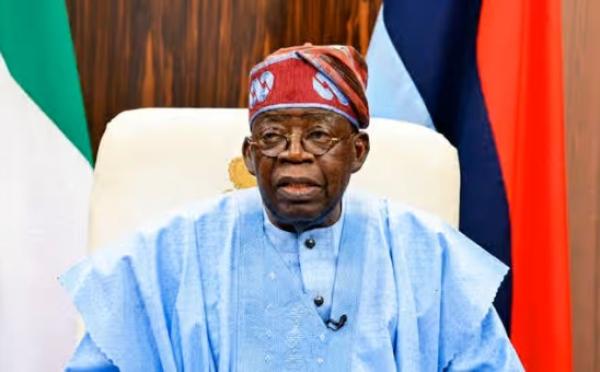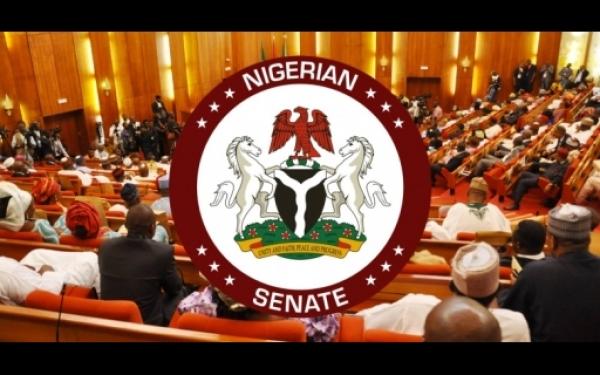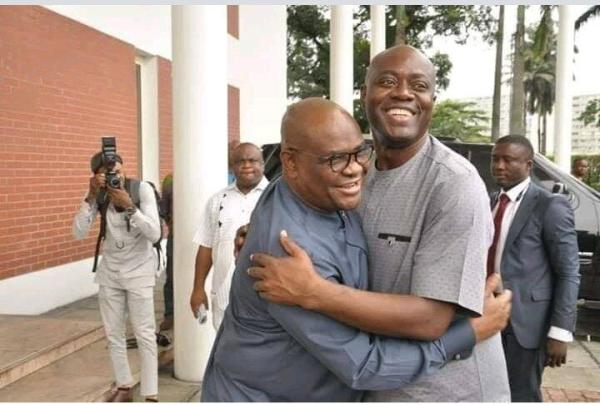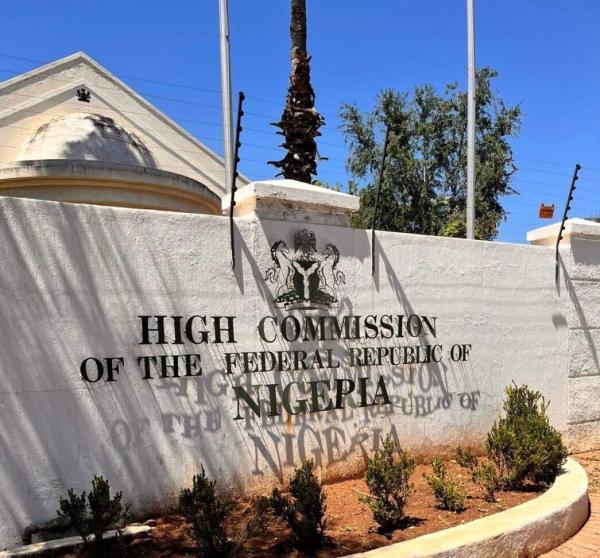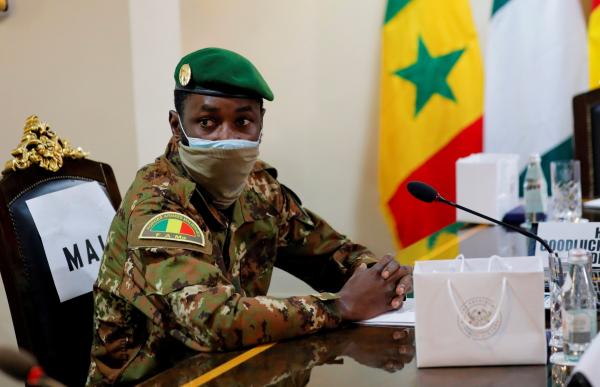
Mali’s junta chief met top military officials to “adjust strategy”, the presidency said Tuesday, after audacious jihadist attacks in the capital killed scores of people.
An Al-Qaeda-linked group claimed responsibility for last Tuesday’s attacks in the capital Bamako that targeted a part of the country’s main airport and a military police training camp, killing more than 75 people and injuring over 250, according to security sources.
Monday’s meeting “provided an opportunity for an exhaustive review of security arrangements, a reassessment of the threat and the provision of additional guidelines”, the presidency said.
In his first speech since the attacks, Mali’s military leader Colonel Assimi Goita on Saturday paid tribute to the victims and reiterated “the imperative need to remain vigilant and maintain an exemplary operational stance in all circumstances”.
Experts say the twin attacks dealt a forceful blow to the junta, which has been in power since coups in 2020 and 2021.
Authorities have not released an official death toll.
The twin assaults have put a question mark on the junta’s military strategy and its claims that the security situation is under control despite jihadists roaming in the region for years.
Many Malians have taken to social media to demand accountability for what they consider a security lapse.
The operation claimed by the Group to Support Islam and Muslims was the first of its kind in years to hit Bamako, which is normally spared the sort of attacks that occur almost daily in some parts of Mali.
JNIM said on its communication channels that 13 fighters had taken part in the attacks and that all those arrested by authorities were innocent.
The attacks came a day after junta-led Mali, Niger and Burkina Faso marked a year since the creation of their breakaway grouping, the Alliance of Sahel States.
The three countries, which have been under military rule following a string of coups since 2020, have broken ties with former colonial ruler France and turned militarily and politically towards other partners including Russia.
Mali’s leaders launched an extensive military operation in the north of the country where armed separatist groups and jihadists have lost control of several areas since last year.
In July, however, the army and its Russian allies suffered one of their biggest defeats.
Previously, France’s anti-jihadist Barkhane force, the United Nations stabilisation mission, MINUSMA, and European troops had contained the threat in the north.
But the Malian junta ordered them out, turning instead to Russia for support.












